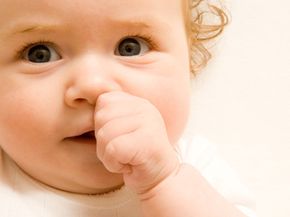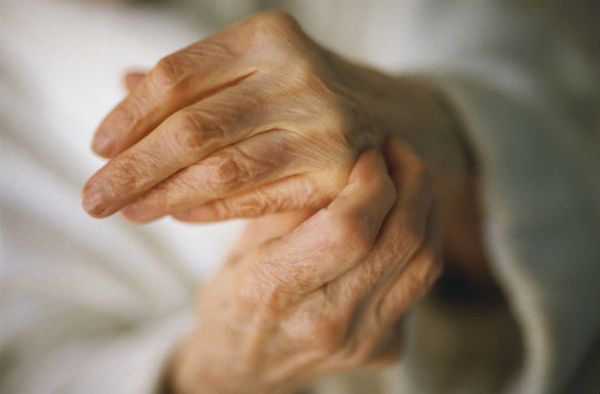Babies discover their thumbs in the womb, and many parents have sonogram pictures of their children sucking on the digit to prove it. New parents may become grateful for that thumb sucking habit in the first few months, as it stops the baby from crying and temporarily distracts the young one from other matters, such as hunger. Some parents may encourage sucking on a thumb or on a pacifier, based on research that suggests a link between night-time sucking and decreased risk of sudden infant death syndrome (SIDS) [source: Vance]. But there comes a time when parents fear the sight of that thumb headed toward their child's mouth, particularly parents unduly influenced by the views of Sigmund Freud, who considered thumb sucking a manifestation of infantile sexuality.
For most people, though, concerns about thumb sucking are a bit more cosmetic. In "Gone With the Wind," one scene that displays Rhett Butler's gift for fathering his young daughter Bonnie comes when he confides in the matronly Mrs. Merriwether that he can't stop the girl from sucking her thumb. Mrs. Merriwether is emphatic -- the habit must stop, or the lovely Bonnie will ruin the shape of her mouth. With this scene, Rhett Butler becomes one of the many parents concerned about the results of this seemingly innocent habit, and Rhett didn't even have to face an army of expensive orthodontists to come to the result. The alleged dangers of sucking on a thumb or a pacifier are so severe that it's become one of those issues that perfect strangers feel comfortable commenting upon, much the way they feel comfortable rubbing a pregnant belly before the birth.
Advertisement
But is thumb sucking worth all this fuss? It is, after all, an extremely common habit; about 80 percent of babies and children suck their thumbs at some point [source: O'Connor]. Sucking on a thumb (or any finger) is a normal reflex in children that soothes them in times of stress; it's essentially a security blanket that happens to be attached to one's body (a fortunate development for parents who've endured the agony of a missing blanket). Many children outgrow the habit on their own, but for those who don't, what are the consequences?




